
Book
Power, for All
How It Really Works and Why It's Everyone's Business
Simon & Schuster,
2021
plus...
From POWER, FOR ALL: How It Really Works and Why It's Everyone's Business by Julie Battilana and Tiziana Casciaro. Copyright © 2021 by Julie Battilana and Tiziana Casciaro. Reprinted by permission of Simon & Schuster, Inc.
ISBN: 9781982141639
Pages: 288
ISBN: 9781982141639
Pages: 288
We currently cannot offer you an audio version of this summary.
Recommendation
The uses and abuses of power have long fascinated humanity. Power struggles are a staple of the daily news and of countless novels, films and television shows. But as social scientists Julie Battilana and Tiziana Casciaro point out, people harbor many misconceptions about the nature of power and how to attain it. In this thought-provoking account, the authors argue that power accrues to whoever controls access to the resources that a society values.
Summary
About the Authors
Julie Battilana is a professor of organizational behavior and social innovation at the Harvard Business School and the Harvard Kennedy School. Tiziana Casciaro is a professor of organizational behavior at the Rotman School of Management at the University of Toronto.
Learners who read this summary also read
Book
Book
Book







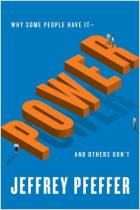

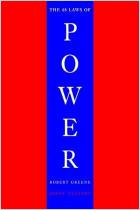
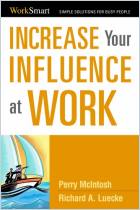
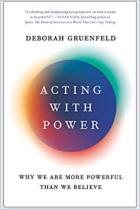
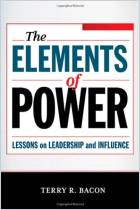


Comment on this summary or Démarrer une discussion